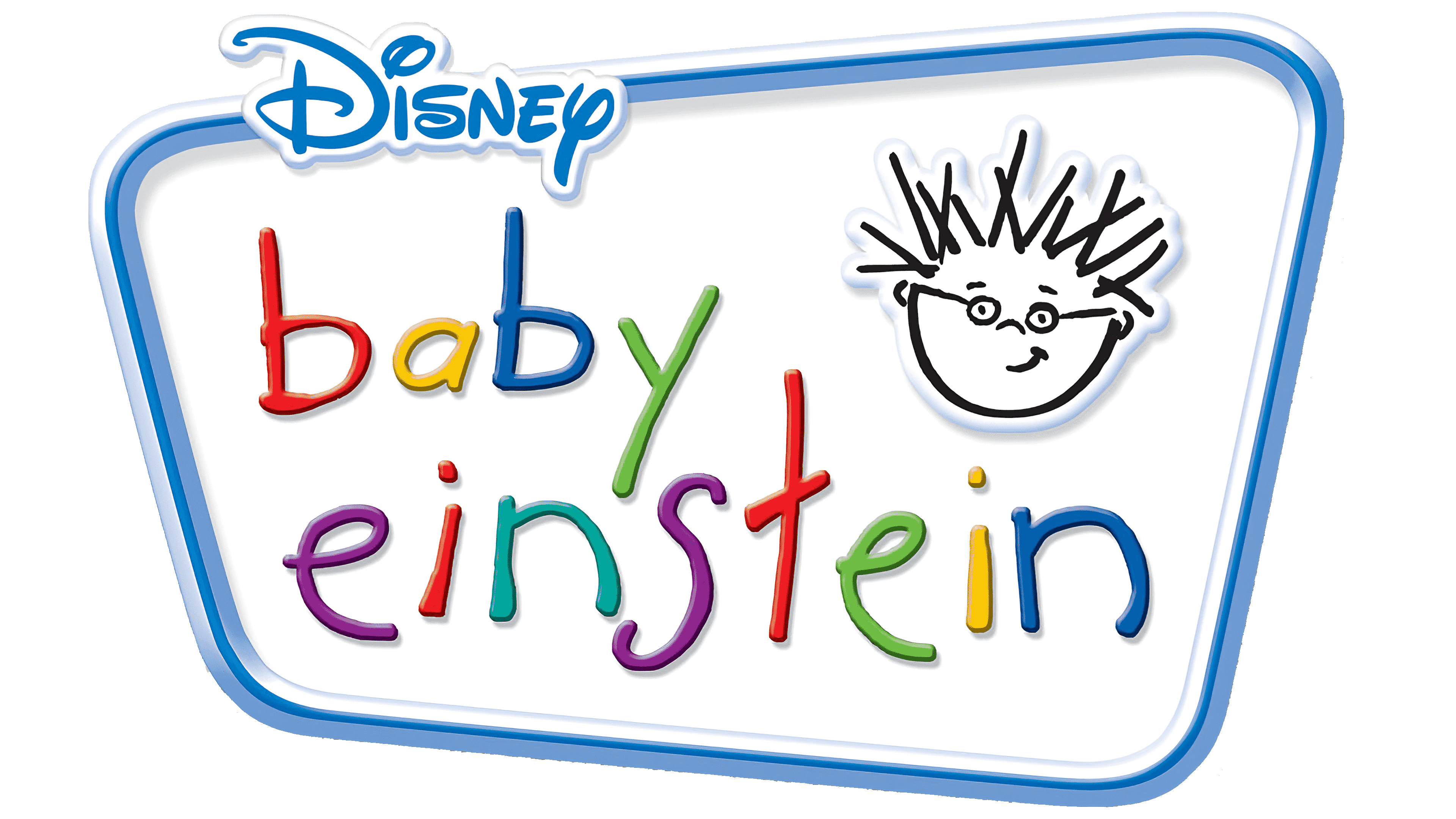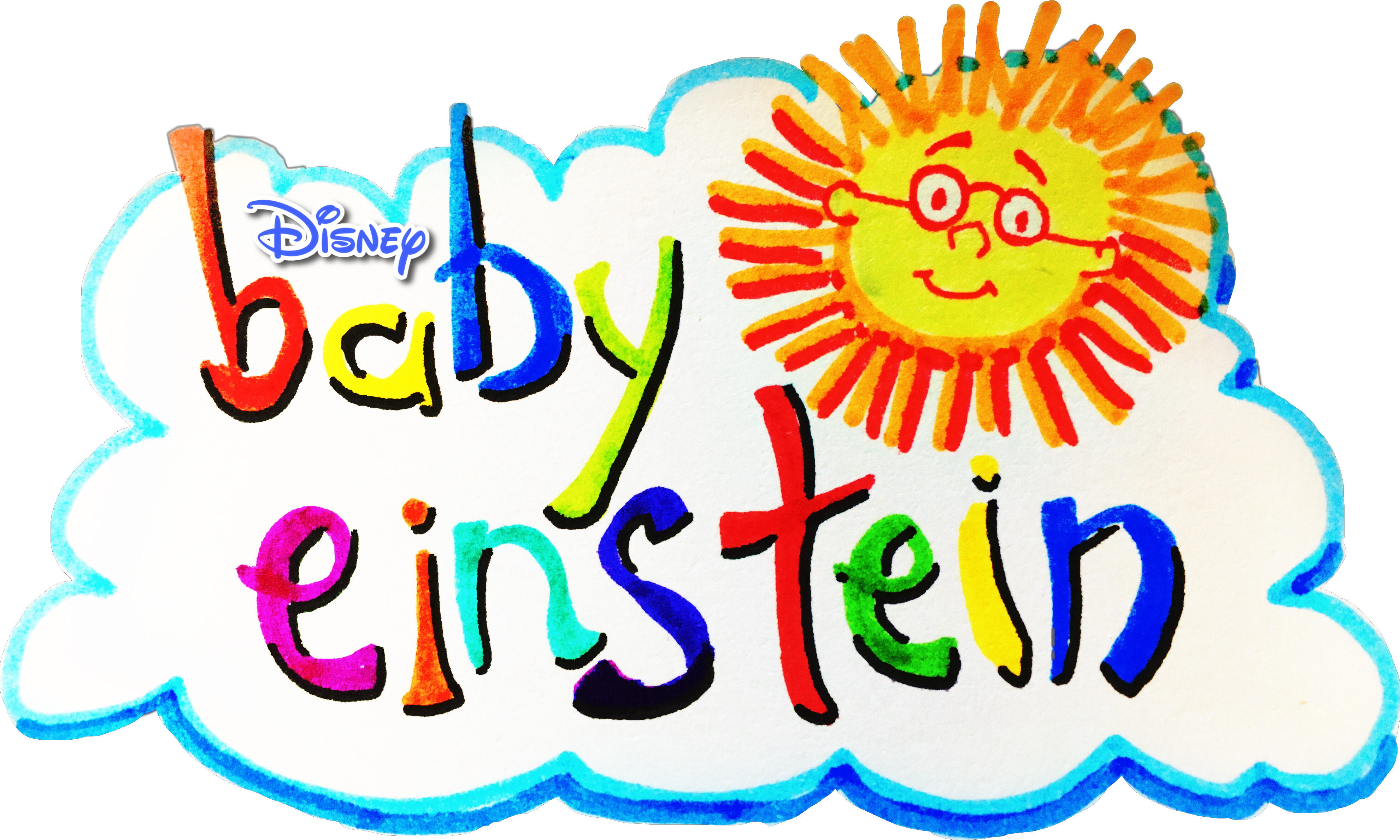
The Remarkable Journey of Baby Einstein: Pioneering Early Childhood Learning
Introduction
In the realm of early childhood education and entertainment, few names resonate as profoundly as Baby Einstein. For more than two decades, this iconic brand has been synonymous with innovative and engaging educational materials for infants and toddlers. In this article, we’ll embark on a journey through the world of Baby Einstein, exploring its origins, philosophy, and lasting impact on the lives of young children and their parents.
The Birth of a Vision
Baby Einstein was conceived in 1996 by Julie Aigner-Clark, a mother who shared a deep passion for nurturing her infant daughter’s intellectual and sensory development. Julie’s background in teaching and her desire to provide her child with an enriching early learning experience led her to create a series of videos that would captivate and stimulate young minds. These videos would go on to form the foundation of the Baby Einstein brand.
Philosophy of Early Learning
At the heart of Baby Einstein’s philosophy lies the belief that the earliest stages of a child’s life are crucial for cognitive development. The brand’s mission is to introduce babies to a world of exploration, wonder, and learning through a multisensory approach. Baby Einstein products, including videos, books, and toys, are thoughtfully designed to expose young children to a wide array of subjects, from art and music to language and nature, all while emphasizing the importance of play and engagement.
Multisensory Stimulation
One of Baby Einstein’s defining features is its ability to engage multiple senses simultaneously. The videos, for example, combine visually captivating imagery with soothing classical music, creating an immersive experience that captures a baby’s attention. This approach aligns with the understanding that infants and toddlers learn primarily through their senses. By providing rich, multisensory experiences, Baby Einstein fosters curiosity and encourages early exploration.
Nurturing Parent-Child Connections
Baby Einstein recognizes the vital role that parents and caregivers play in a child’s early development. Their materials are designed to be shared experiences, promoting interaction between adults and infants. This not only strengthens the bond between parent and child but also creates a supportive environment for learning. Through active engagement, parents can help their children understand the content, answer questions, and ignite further curiosity.
Adaptation and Evolution
As technology and research in child development have evolved, so has Baby Einstein. The brand has expanded its product range beyond videos to encompass books, toys, and interactive apps, providing parents with a diverse toolkit to support early learning. Collaborations with child development experts ensure that Baby Einstein’s materials remain in sync with the latest research and best practices in early childhood education.
Addressing Controversy
While Baby Einstein has enjoyed immense popularity and acclaim, it has not been without controversy. In 2007, the brand faced scrutiny when the American Academy of Pediatrics advised against screen time for children under two years old. In response, Baby Einstein shifted its marketing focus to emphasize the importance of parent-child interaction and play, rather than passive screen time. This controversy highlights the ongoing debate surrounding screen time and its effects on young children.
Conclusion
In the ever-evolving world of early childhood education and entertainment, Baby Einstein stands as a shining testament to the power of innovation, creativity, and unwavering dedication to the growth and development of our youngest learners. Over the years, Baby Einstein has not merely created educational materials; it has woven dreams, kindled aspirations, and fostered a love for learning in countless children worldwide.
The enduring legacy of Baby Einstein is not confined to the past but continues to shape the future of early childhood education. As it adapts and evolves to meet the changing needs and expectations of parents and caregivers, Baby Einstein remains a guiding star on the journey of child development. It inspires us to recognize that every moment is an opportunity for discovery, that education is not a chore but a joyful adventure, and that the boundless curiosity and wonder of children should be cherished and nurtured.


